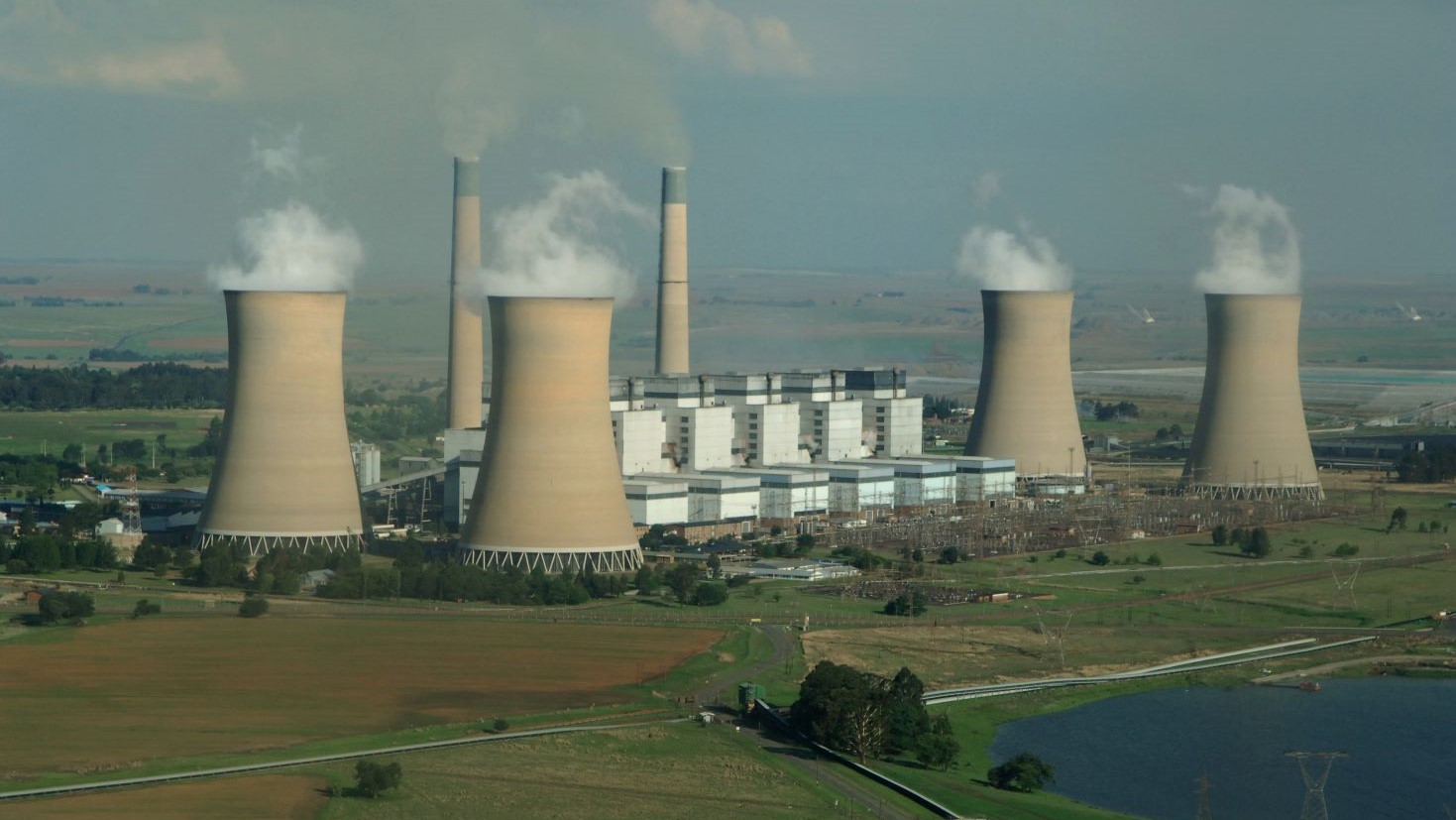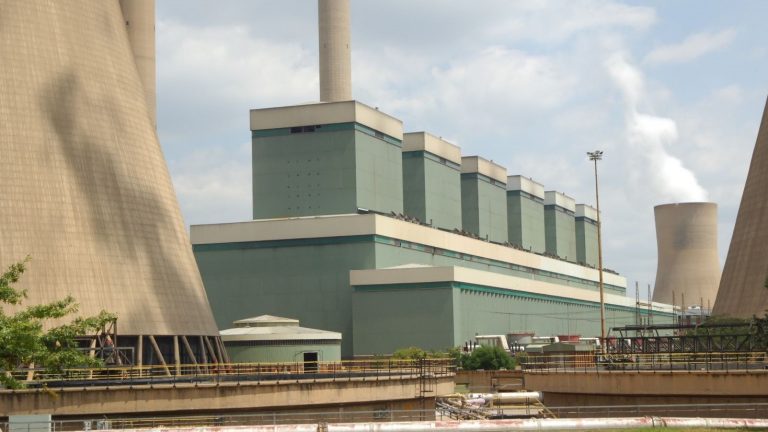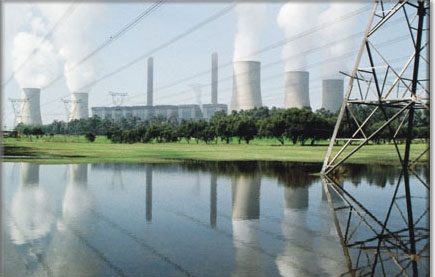Eskom’s power system remains stable unplanned outages down to 7 055MW and a month-to-date Energy Availability Factor (EAF) exceeding 70%
Friday, 05 September 2025: The power system continues to be stable, resilient and reliable, enabling Eskom to deliver 112 consecutive days without loadshedding as of today. There have been consistently low levels of unplanned outages, underscoring the sustained improvements in the performance of the generation fleet.
Unplanned losses due to breakdowns further reduced to 7 055MW, and remain well below the 10 000MW threshold, highlighting the structural progress in plant performance as a result of the ongoing implementation of the Generation Recovery Plan.
The sustained technical improvements have ensured a reliable power system, meeting more than 97% of electricity demand during winter and financial year to date. South Africa has experienced no loadshedding since 15 May 2025, with only 26 hours recorded between 1 April and 4 September 2025.
Between 29 August and 4 September 2025, planned maintenance increased as we entered the summer period, averaging 4 946MW. During this period, the Energy Availability Factor (EAF) fluctuated consistently between 64% and 75%, with the month-to-date average rising beyond the 70% mark to 73.01%. This upward trend reflects growing stability and improved reliability across the generation fleet. These figures exclude Kusile Unit 6, which has been contributing 720MW to the national grid since 23 March 2025. Although not yet in commercial operation, the unit is expected to reach that milestone by September 2025.
To further strengthen grid stability, Eskom is planning to return a total of 3 738MW of generation capacity to service ahead of the evening peak on Monday, 8 September 2025, and throughout the coming week.
Between 1 April and 4 September 2025, the Unplanned Capability Loss Factor (UCLF), which reflects the percentage of generation capacity lost due to unplanned outages, further decreased to 26.9%. This represents a week-on-week improvement of approximately 0.4%, although it remains about 1.4% higher than the 25.49% recorded during the same period last year.
The open-cycle gas turbine (OCGT) or diesel generators load factor further decreased to 0.001% this week from 0.16% the previous week (22–28 August 2025), with OCGTs effectively not being utilised in the last week.
From 1 April to 4 September 2025, diesel spend remains well under the allocated budget.
Eskom published Summer Outlook today, covering the period 1 September 2025 to 31 March 2026, which forecasts no loadshedding due to the structural progress in plant performance as a result of the ongoing implementation of the Generation Recovery Plan.
The available generation capacity currently stands at 29 359MW, while tonight’s electricity demand is expected to reach 24 770MW. The current capacity is sufficient to meet both today’s demand and anticipated requirements over the weekend.
Key Performance Highlights:
- Unplanned outages averaged 8 451MW over the past week, significantly lower than the 10 182MW recorded during the same period last year. This marks a notable year-on-year reduction of breakdowns by 1 731MW.
- Year-to-date, planned maintenance has averaged 5 270MW, accounting for 11.22% of total generation capacity. This reflects a slight increase from the previous week and a 0.8% rise compared to the same period last year.
- The year-to-date EAF further increased to 61.41%, excluding the 720MW contribution from Kusile Unit 6. This figure is below the 63.6% recorded during the same period last year, mainly due to a 1.4% and 0.8% YTD increase in unplanned and planned maintenance, respectively, compared to the previous year.
- From 1 April to 4 September 2025, Eskom spent approximately R5.921 billion on fuel for its Open-Cycle Gas Turbine (OCGT) plants, generating 1,000.90GWh of electricity. While there was no notable increase in expenditure over the past week, the electricity generated represents a significant rise compared to the 530.01GWh produced during the same period last year. It is important to note that diesel expenditure is not consistent throughout the year but fluctuates seasonally in response to system demand and operational requirements.
- The year-to-date load factor for OCGTs has decreased to 7.78%, reflecting a 0.36% decrease compared to the previous week. This figure remains higher than the 4.12% recorded during the same period last year.
Protect transformers – avoid illegal connections and prevent power failures
Eskom continues to urge all customers to act responsibly and help safeguard the power system. Illegal connections and meter bypassing not only constitute theft but also place immense strain on the network, often leading to transformer overloads, equipment damage, and in severe cases, explosions and extended outages.
To protect critical infrastructure, Eskom is compelled to implement load reduction by switching off power during peak hours in high-risk, isolated areas to prevent potential damage. To help maintain a stable and uninterrupted electricity supply and avoid load reduction, customers are strongly urged to avoid bypassing meters and refrain from illegal connections. Electricity should be purchased only through Eskom-accredited vendors, and users are encouraged to regularise their electricity usage. These steps are essential to ensuring safe, reliable, and fair access to electricity for all.
Eligible households are encouraged to register for free basic electricity with their local municipalities.
Any illegal activity impacting Eskom’s infrastructure should be reported to the Eskom Crime Line at 0800 112 722 or via WhatsApp on 081 333 3323.
Eskom encourages all South Africans to use electricity efficiently at all times. To help manage household electricity consumption, Eskom customers are encouraged to use the Eskom Residential Calculator, a convenient tool for tracking and optimising energy usage: https://www.eskom.co.za/distribution/residential-calculator/
Eskom will provide an update on Friday, 12 September 2025, or promptly communicate any significant changes as soon as they occur.
ENDS








